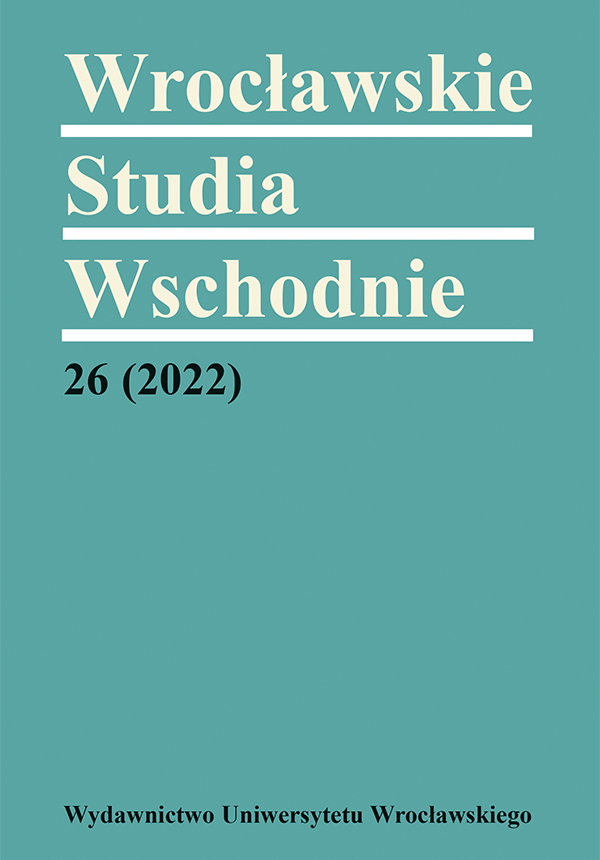Sojusz ołtarza z tronem, czyli o współpracy między władzami Federacji Rosyjskiej a Rosyjskim Kościołem Prawosławnym (ze szczególnym uwzględnieniem polityki zagranicznej)
The alliance of throne and altar, or cooperation between the authorities of the Russian Federation and the Russian Orthodox Church (with particular emphasis on foreign policy)
Author(s): Bartłomiej WięchSubject(s): Politics / Political Sciences, Christian Theology and Religion, Politics, Theology and Religion
Published by: Wydawnictwo Uniwersytetu Wrocławskiego
Keywords: Russia; Russian Orthodox Church; foreign state policy; ideology and religion
Summary/Abstract: The article discusses the transformation of the role of religion in Russia since the fall of the Soviet Union. During the Soviet era, religion, including the Russian Orthodox Church (ROC), was suppressed and persecuted. However, a turning point occurred during “Perestroika,” leading to increased dialogue between authorities and the ROC, continued after the fall of USSR.Today, Orthodoxy is the dominant religion in Russia and plays a crucial role in filling the ideological void left by communism. It contributes to the restoration of Russian national and cultural identity, often with a strong anti-Western sentiment. Although many Russians identify as Orthodox, religious practice remains limited, and the influence of atheism and secularization persists. The ROC’s heritage is also used to justify autocratic rule in Russia.The “church-state symphonia” is evident both domestically and internationally, with the Moscow Patriarchate advocating claims to former Soviet territories, supporting the concept of the “Russian world” (Russkiy mir). The Moscow Patriarchate, as part of the Kremlin’s conservative project, promotes “healthy traditional values” in ideological opposition to the West. The Russian Orthodox Church also supports Russia’s efforts to shape a multipolar world and challenge the dominance of “Pax Americana.” It is positioning itself as a mediator between East and West in the international intercultural dialogue, often cooperating effectively with the Islamic world.
Journal: Wrocławskie Studia Wschodnie
- Issue Year: 26/2022
- Issue No: 1
- Page Range: 163-184
- Page Count: 22
- Language: Polish

